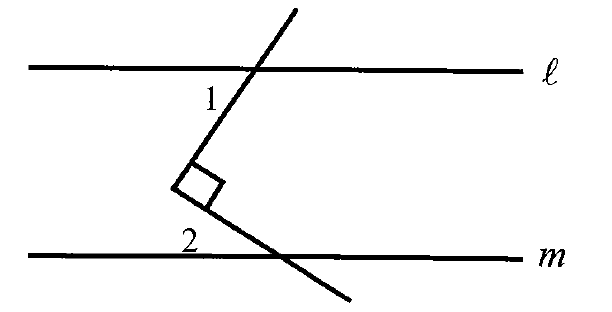FINDING INVERSE RELATION FROM THE GIVEN RELATION
Let f : A-> B be a bijection. Then the function g : B-> A which associates each element y ∈ B to a unique element x ∈ A such that f(x) = t is called inverse of f.
f(x) = y <=> g(y) = x
Thus if f : A -> B is a bijection, then f-1 : B->A such that f(x) = y <=> f-1(y) = x
Question 1 :
If A = {1, 2, 3, 4} B = {2, 4, 6, 8} and f : A-> B given by f(x) = 2x, then write f and f-1 as a set of ordered pairs.
Solution :
f(1) = 2, f(2) = 4, f(3) = 6 and f(4) = 8
f = {(1, 2) (2, 4) (3, 6) (4, 8)}
For each elements we have unique images and every elements in B is associated with elements of A. Hence it is bijection.
On interchanging the components of ordered pairs in f, we obtain.
f-1 = {(2, 1) (4, 2) (6, 3) (8, 4)}
Question 2 :
Let S = {1, 2, 3}. Determine whether the function f:S -> S defined as below have inverse. Find f-1 if it exists.
(i) f = {(1, 1) (2, 2) (3, 3)}
(ii) f = {(1, 2) (2, 1) (3, 1)}
(iii) f = {(1, 3) (3, 2) (2, 1)}
Solution :
(i) f = {(1, 1) (2, 2) (3, 3)}
Clearly f : S -> S is a bijection. So f is invertible and its inverse is given by f-1 = {(1, 1) (2, 2) (3, 3)}.
(ii) f = {(1, 2) (2, 1) (3, 1)}
f(2) = f(3) = 1. Therefore f is many to one and hence it is not invertible.
(iii) f = {(1, 3) (3, 2) (2, 1)}
Clearly f : S -> S is a bijection. So f is invertible and its inverse is given by f-1 = {(3, 1) (2, 3) (1, 2)}.
Kindly mail your feedback to v4formath@gmail.com
We always appreciate your feedback.
©All rights reserved. onlinemath4all.com
Recent Articles
-
Ratio Problems with Solutions
Feb 22, 25 01:36 AM
Ratio Problems with Solutions -
Digital SAT Math Problems and Solutions (Part - 114)
Feb 21, 25 08:51 AM
Digital SAT Math Problems and Solutions (Part - 114) -
SAT Math Resources (Videos, Concepts, Worksheets and More)
Feb 21, 25 08:50 AM
SAT Math Resources (Videos, Concepts, Worksheets and More)
